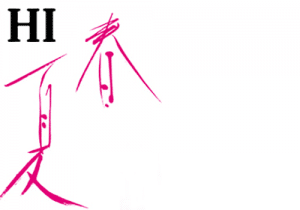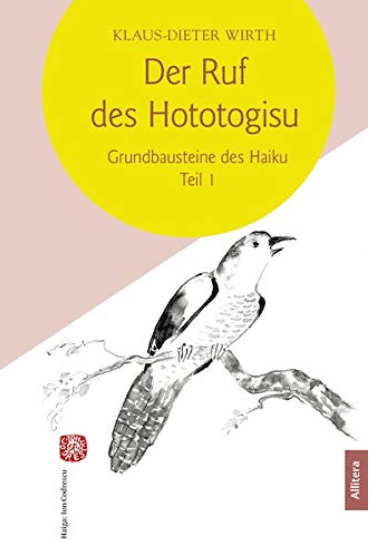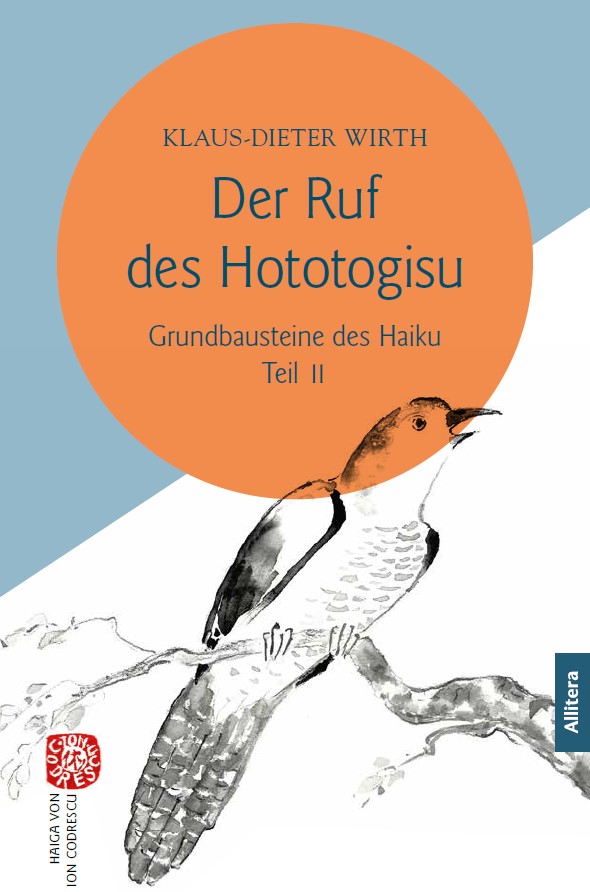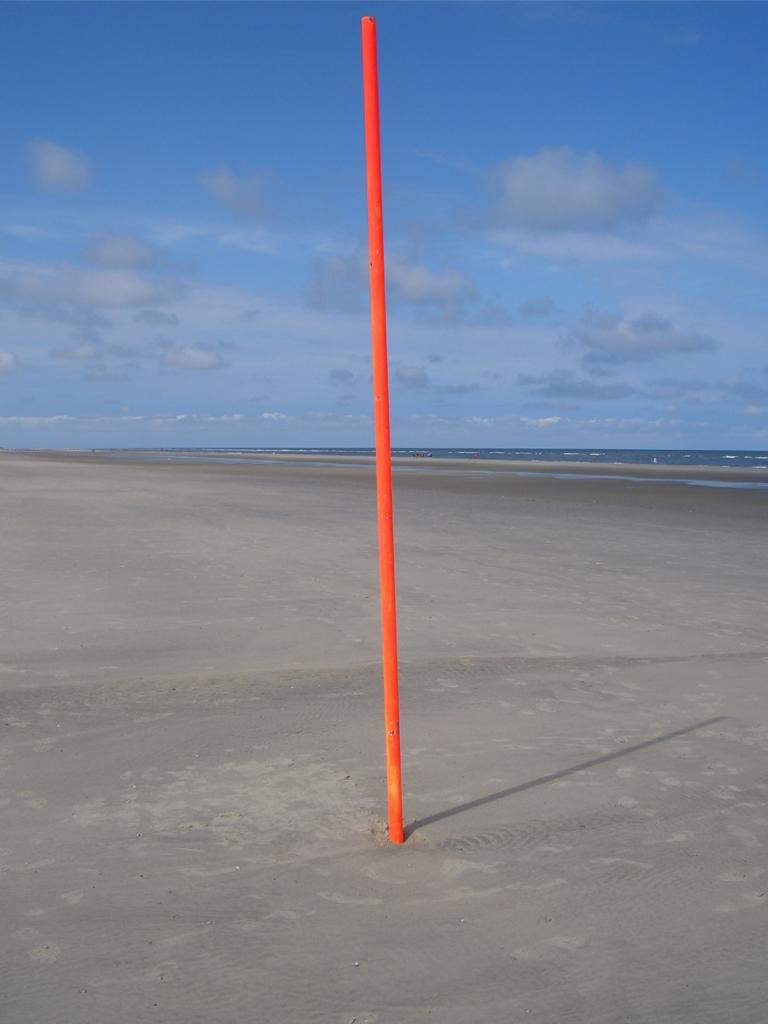Ausgewählte Haiku
 Übersetzungen der Haiku: eine Zusammenarbeit von Emiko Miyashita, Claudia Brefeld und Eva Moering
Übersetzungen der Haiku: eine Zusammenarbeit von Emiko Miyashita, Claudia Brefeld und Eva Moering
»Hier können Idee und Hintergrund zu diesem Projekt nachgelesen werden.
Auswahl und Kommentierung von Masami Sanuka, HIA director
逢いたくも / 幸うすき恋人たち / 地球やや傾ぐ
sich treffen wollen
unglückselig Liebende
die Erde kippt ein wenig
Hier ist ein Haiku mit einer groß angelegten Konzeption. Die „unglückselig Liebenden“ bemühen sich sehr, einander zu treffen. Die Erde beginnt, „ein wenig zu kippen“, angesichts von Kriegen, Klimawandel und Atomunfällen. Ich frage mich, ob die leidenschaftliche Liebe des Paares auf diesem Planeten aufblühen kann oder nicht. Die besorgte Autorin scheint die Liebenden herzlich zu beobachten und zu ermutigen.
瞑想中 / 足上げのポーズ・・・ / 低い冬の虹
Meditation
einen Fuß angehoben
ein niedriger Winter-Regenbogenパートリッジ、ブレント アラン PARTRIDGE, Brent Alan (USA)
Ein herzerwärmendes Haiku mit einer humorvollen Note. Der Blick auf das gedämpfte Band eines Winterregenbogens erinnert den Autor an die fußhebende Haltung des Yoga. Die „Meditation“ assoziiert das langsame Vergehen der Zeit um den Schreiber herum. Dieses Haiku ist mit einfachen, aber wirkungsvollen Substantiven komponiert und ich stimme zu, dass die Prinzipien des Haiku gut berücksichtigt wurden.
露けしや一と日の家居また旅へ
Herbsttau …
nur ein Tag zu Hause
und wieder auf Reisen安原 葉 YASUHARA Yo
Nach Hause kommend, noch die Feuchtigkeit des „Herbsttaus“ fühlend, geht der Schriftsteller am nächsten Tag wieder auf eine Reise, die er mit viel Herzblut unternimmt. Der Gebrauch des beiläufigen Ausdrucks ist im Japanischen effektiv und anmutig. Die wiederholten Reisen werden dem Schriftsteller sicherlich ein umfangreiches Wissen bringen. „Ein Tag zu Hause“ könnte auch darauf hinweisen, dass der Schriftsteller nach einer kurzen Lebenspause die Reise des Lebens wieder aufnimmt.
ラグビーの膝つき誰も泣き笑ふ
die Rugbyspieler
auf ihren Knien
lachen durch ihre Tränen宮田 勝 MIYATA Masaru
Viele erfolgreiche Spiele bei der letzten Rugby-Weltmeisterschaft haben die japanischen Fans begeistert. Dieses Haiku erinnert sicherlich an die Momente der siegreichen Spiele. Bestimmt bedeutet „lachen durch ihre Tränen“ die Tränen einer leidenschaftlichen Freude, nicht dass die einen lachen und die anderen weinen. Rugby ist derzeit ein Kigo des Winters, aber da Rugby in Japan das ganze Jahr über gespielt wird, ist es wohl nicht mehr auf eine Saison beschränkt.
乗り換えの駅を彩る浴衣かな
viele Yukata*
färben
einen Umsteigebahnhof
Dieses ungekünstelte Haiku bringt Kühle in den Sommer. Anscheinend sah der Schriftsteller eine Menge junger Leute, Männer und Frauen, in Yukata gekleidet und um den Bahnhof strömen. Die modernen Farben von Yukata müssen die Umgebung aufgehellt haben. Dieses Haiku, so wage ich zu behaupten, spiegelt die moderne Gesellschaft wider, in der die jüngere Yukata-Generation üblicherweise ein Feuerwerk per Bahn besucht.
*sommerlicher Baumwoll-Kimono (traditionell sind sie in den Farben weiß und blau)
Und hier fünf weitere Haiku – ausgesucht von Emiko Miyashita
車椅子の子の目の高さ女郎花
kurumaisu no / ko no me no takasa / ominaeshi
ein Kind im Rollstuhl
auf Augenhöhe
die Blüten des goldenen Ominaeshi *髙橋紀美子 TAKAHASHI Kimiko
*Patrinia scabiosifolia – Goldbaldrian
啄木鳥や湖畔をたどる馬車に乗り
kitsutsuki ya / kohan o tadoru / basha ni nori
ein Specht …
nehme eine Kutsche
entlang des Seeufers熊谷佳久子 KUMAGAI Kakuko
睡蓮の花を揺らして鯉の鰭
suiren no / hana o yurashite / koi no hire
eine Karpfenflosse
wiegt die Blüte
der Seerose石黒敏朗 ISHIGURO Toshiro
開け放ち蝶迷ひ込む夏座敷
akehanachi / chô mayoikomu / natsuzashiki
ein Schmetterling verirrt sich
in den weit geöffneten
Tatami-Raum* im Sommer越智淳子 OCHI Junko
*Tatami – Matte aus Reisstroh
胡桃落つパイプオルガン調律中
kurumi otsu / paipuorugan / chôritsuchû
eine Walnuss fällt –
eine Pfeifenorgel
wird gerade gestimmt内村恭子 UCHIMURA Kyoko







